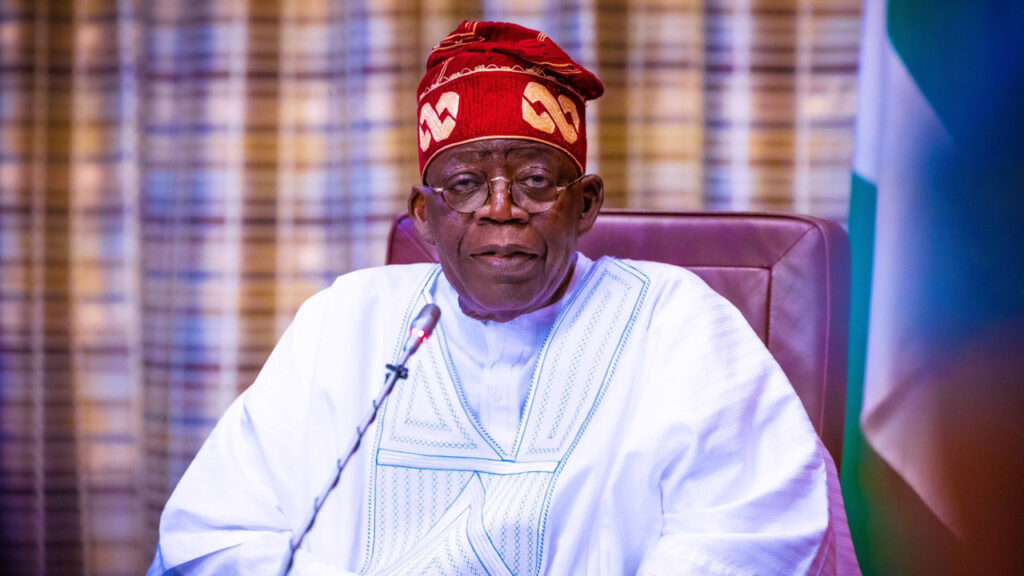
• Our demands won’t affect petrol prices, NARTO boss assures
• Nigeria imported nearly 12b litres of petrol in H1, 2023 – NBS
Although the Nigerian Association of Road Transport Owners (NARTO) suspended its strike on Tuesday, fuel queues have started spreading across the country as motorists now spend longer time at filling stations in Abuja, Lagos, Rivers and other parts of the country.
Marketers yesterday told The Guardian that loading of Premium Motor Spirit (PMS), also known as petrol, started late Tuesday across depots but the fuel crisis may persist for another four to five days as supply may need to double to clear the queue.
President of Independent Petroleum Marketers Association of Nigeria (IPMAN), Abubakar Shettima, said members of the association are expecting products across fuel stations, adding that the two days strike created the current situation.
According to him, the fuel queue may not clear until another four to five days as supply disruption usually takes a level of effort to clear.
The Executive Secretary of the Major Energies Marketers Association of Nigeria (MEMAN), Clement Isong, said the marketers are increasing their loading capacity to ensure that the queues are cleared.
Isong said: “We started loading last night (Tuesday night) as soon as NARTO called off strike. As you know, our trucks were prevented from loading. The queue will clear in a few days. Usually when we have this situation, we have to double our loading.”
NARTO had on Monday suspended haulage of petrol stressing that the current freight remained unsustainable in the face of high diesel price and harsh economic realities.
The marketers, Federal Government and transport association on Tuesday said a rate was agreed on and therefore suspended the strike. While motorists in Abuja spent longer time than usual at fuel stations yesterday, Lagos and other states were the worst hit. In Abuja, the queues were longer across NNPC fuel stations, while in Lagos most NNPC stations were shut.
As motorists jostled for the product, the already distressed citizens, who are grappling with inflation and high food prices, witnessed a surge in their transportation cost.
Many NNPC outlets in Lagos, including those near Egbeda, Idimu road, Ijegun, Kalejaiye in Yaba, Bariga, and old Otta road, were shut at the time this report was filed.
Most stations with fuel, rationed their sales as some pegged the highest a driver could buy at N5,000. Most of the stations also increased their prices above extant pump price as some were dispensing for as high as N1,000 per litre.
A fuel attendant, who pleaded anonymity, said they have set aside approximately 600 liters of fuel for their wallet customers. Also, black market vendors are taking advantage of the situation by selling fuel at even higher prices.
Motorists also faced an unusual heavy gridlock caused by long queues at filling stations in the Ilasa, Isolo, and Ikotun-Ejigbo areas as they waited to purchase petrol.
In addition to the inconvenience caused by the long queues, commuters are grappling with the repercussions of increased transport fares as fuel prices skyrocketing and operators passing on the additional costs to passengers, many are being forced to dig deeper into their pockets to afford their daily commute.
Motorists have raised fares by nearly 50 per cent on the Egbeda to Oshodi route. Formerly priced between N400 and N500, it now costs N1,000 as of Tuesday and Wednesday. They attributed this increase to fuel scarcity and the higher prices they pay when purchasing from black market vendors.
Speaking with one of the motorists, Ayanwale Lukman, shared his challenges in obtaining fuel since Tuesday. He said he had to wait in the queue at the only fuel station selling fuel along the Ikotun-Igando axis for hours before being able to buy at N700 per litre.On Wednesday, he stated that he had to buy fuel at a higher rate of N1000 from black market vendors.
“Passengers are complaining that we hike the transport fare, no one want to engage in a business without profit, at a point I already wanted to park my mini bus at home but looking back at my responsibilities I decided to buy from black marketers but if this scarcity persist, it won’t be easy on Nigerians coupled with the country’s economy that is not smiling, Nigerians are angry,” he said.
He urged the petroleum tankers and the authorities to provide concrete solutions to alleviate the situation, address the scarcity and mitigate its impact on their livelihood.
However, NARTO has said its demands won’t affect the pump prices of petrol. NARTO President, Yusuf Othman, stated this on Channels Television’s Sunrise Daily programme on Wednesday.
Othman said: “I do not think it will affect the pump price of petrol. It’s not likely to affect the pump price because what we want them (marketers) to do is to look within their margins and make some sacrifices. It’s very tough but if it is going to affect the pump price, by now, you would have seen the price changes.
“It’s practically impossible for us to operate as we are now because there has to be a shift. And that shift is for the marketers to look within at what they can do,” he added.
Othman said the rate payable was since the time of ex-President Muhammadu Buhari. “Look at the market dynamics now, we buy tires then N75,000, now, it is over N200,000. The rate payable has since remained static because the margin and the pump price are more or less regulated in a deregulated market,” he added.
NARTO had lamented the high cost of Automotive Gas Oil (AGO), also known as diesel, which is used to fuel their trucks for the movement of petroleum products across Nigeria.
Like petrol, which now sells at over N600 per litre, the price of diesel has skyrocketed of late, no thanks to the foreign exchange (FX) crisis in the country. At the moment, diesel sells above N1,250 per litre in Nigeria.
The association had stopped lifting petroleum products on Monday amid harsh economic realities.
The tanker drivers subsequently resumed petroleum-loading activities after a meeting with oil marketers and government officials in Abuja on Tuesday.
On the outcome of the meeting, the NARTO boss said the marketers listened to the challenges of tanker drivers and the government has intervened, even though it is not a government matter.
MEANWHILE, the National Bureau of Statistics (NBS) has disclosed that Nigeria imported 11.94 billion litres of petrol during the first half of 2023.
The Petroleum Products Distribution Statistics for Half Year 2023, released on Wednesday, outlined a 3.29 per cent increase compared to the 11.56 billion litres recorded in the same period of 2022.
Additionally, the report highlighted that 2.83 billion litres of diesel were imported during the first half of 2023, marking a substantial 49.72 per cent surge compared to the 1.89 billion litres in the corresponding period of 2022.













